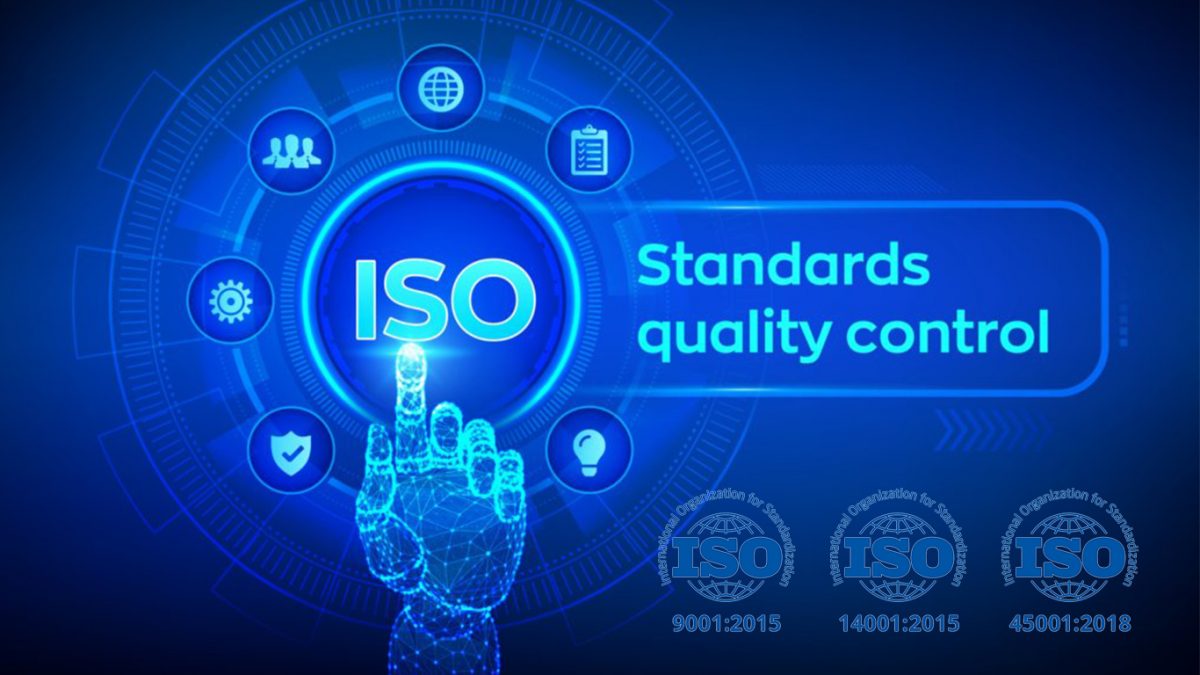Article by J. R. Samuel, Managing Director, Stellar Management Consultants
Demonstrating competence and capability through ISO 9001 Certification has become a global priority among businesses, because quality conscious organizations & customers prefer to do business with like-minded partners. Demonstrating that your organization cares about the customers gives your organization an edge over the competitors, delivers value and improves your organization’s image, which in turn increases revenues.
Quality Management System
Quality Management System (QMS) is a systematic approach for incorporating quality goals and priorities (such as better quality of products and services and regulatory compliance) into routine business operations. While some sort of de facto system is inherent to any organization that must meet the output requirements as part of daily operations, it is generally accepted as a valuable step to formalize the approach by documenting it. Not only does documentation of the system ensures consistency over time and across employees, there is a growing body of evidence indicating that there is considerable value in defining a systematic approach to managing quality controls and providing assurance. It is understood that QMS encompasses a wide perspective, including the planning, monitoring and checking the various resources such a human resources, technical resources, financial resources, etc., as well as the more traditional concepts of management controls and use of man power.
Purpose of ISO 9001
Management of quality issues for an organization considering the interested parties concern is the main challenge of the business, besides the reducing the direct & indirect impact on environment & society. Achieving quality performance with improvement is demanded by the regulatory bodies, customers and other stake holders. Certification to ISO 9001 demonstrates your organization’s commitment to caring for customer needs and provides a framework for an organization to manage its legal compliance and improve quality performance, including risk and opportunity identification, analysis, target setting, and measurement. It also delivers significant cost benefits in terms of increased efficiency, conserving resources and waste minimization.
Benefits of ISO 9001
Certification to ISO 9001 demonstrates to customers & society your organization’s responsibility towards customer friendly business practices with minimum or no impact on the environment/society. The main key benefits are:
- Provide enhanced customer confidence and satisfaction, which in turn can lead to increased business opportunities.
- Facilitate reductions in rework, waste, energy, injuries, and incidents.
- Better meeting of legal compliance and corporate requirements.
- Provide a tool for performance improvement and the means to effectively monitor and measure performance.
- Provide a well-defined and clear framework, which is also flexible to your own business needs and expectations.
- A significant competitive advantage because customer organizations require management system certification from suppliers and sub-contractors in order to conduct business with them.
Features of ISO 9001
ISO 9001 is based on two concepts one is continual improvement & another is regulatory compliance. ISO 9001 audits cover the following:
- Policy statement (commitment of top management to improve quality)
- Assessment of products & Services & their impact on the environment (evaluation of interaction with the environment that how much we are damaging the environment)
- Legal & other requirements (ensuring compliance to the law of the land)
- Documented objectives & targets (continual improvement)
- Resources, Role, Responsibility & Authority (making responsible every one)
- Competence, awareness & training (ensures availability of right person)
- Communication (with Internal & external interested parties)
- Documentation, Control of documents & records (for ensuring compliance)
- Operational controls(established working conditions)
- Performance measurement & monitoring (ensuring quality & Performance parameters)
- Nonconformity, corrective & preventive action (provides mechanism for improvement)
- Management review (ensuring organization system is complied with)
Certification Process for ISO 9001
It is a certificate issued by third party registrar to demonstrate that your business system has been certified against requirements of ISO 9001 requirements. Implementation of ISO 9001 by setting up of internal processes gives confidence to customers & other interested parties about managing quality issues with minimum impact on the customers. ISO 9001 is an international standard for quality management system, applicable to organizations of all sizes and types; certification to ISO 9001 provides a dynamic mechanism for the development of effective quality management system. The certification body appoints a competent & suitable auditor or team of auditors to audit the organization against the standard & scope requested by the clients. Routine surveillance audits are carried out to evaluate continual improvement in the validity period. A re- certification audit is performed after every three years to maintain continuity of the certification.

